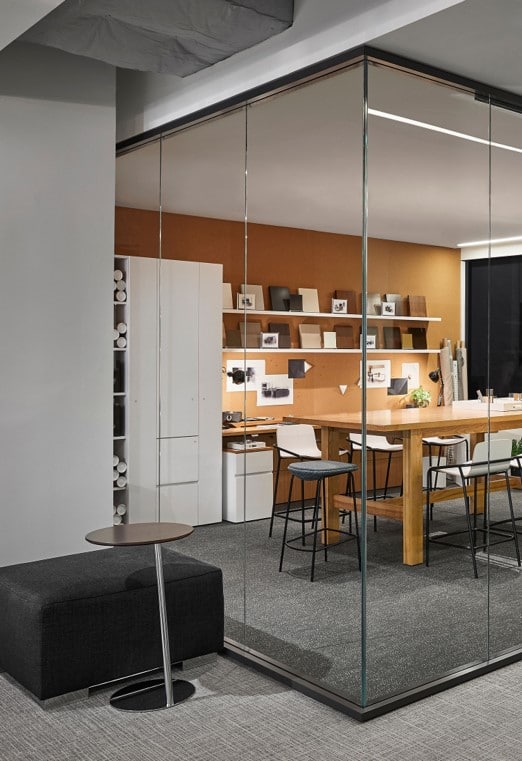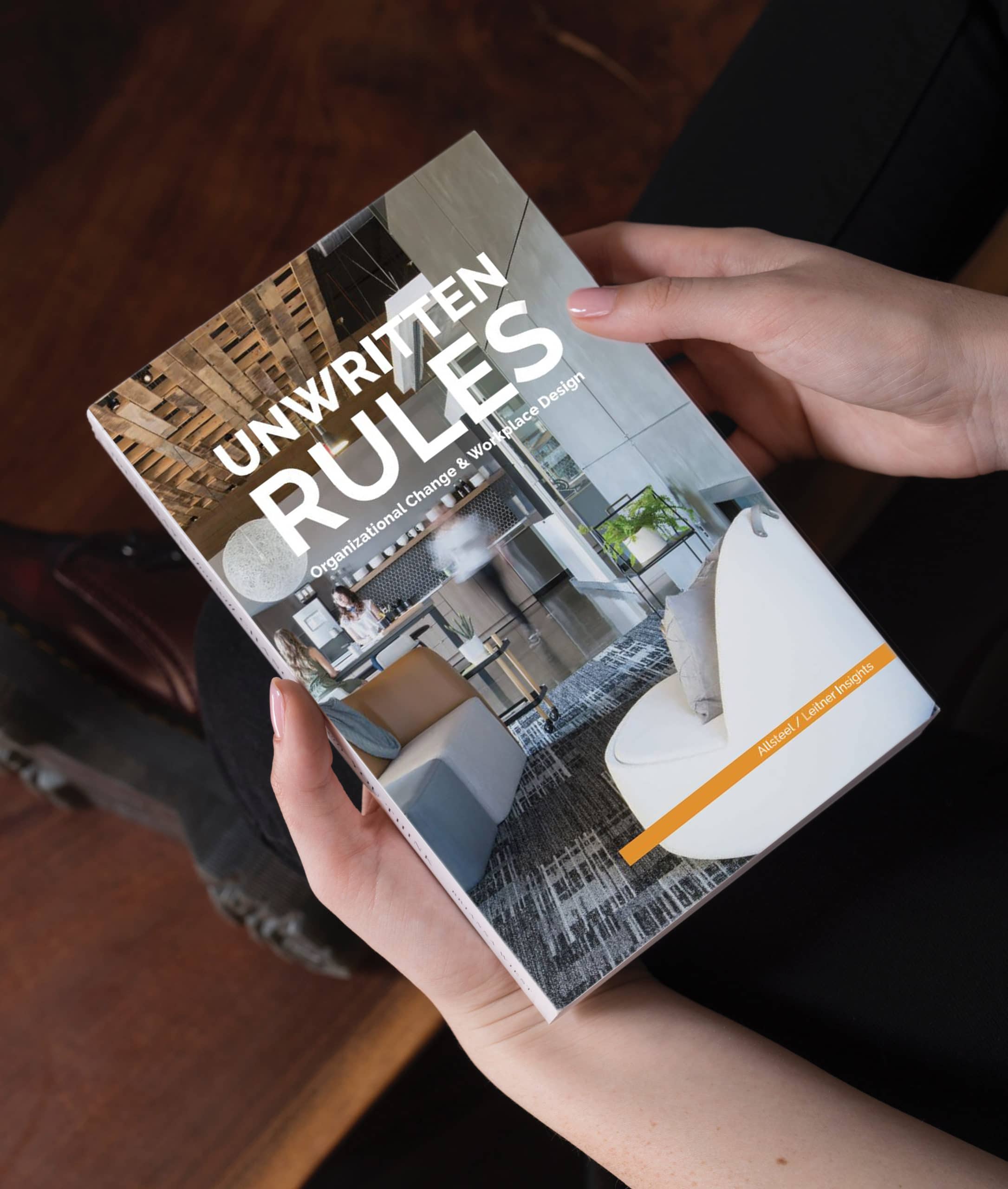Unplugging from our digital addiction isn’t easy but it could significantly improve our well being.
 Between the Internet of things, mobile devices and the latest wearable technology, almost all the knowledge of the world is literally at our fingertips 24/7/365. The trouble is, we’re also ‘on call’ 24/7/365. We live in an ‘always on’ society, particularly in North America, and we’re driven to achieve bigger, better things faster than ever before.
Between the Internet of things, mobile devices and the latest wearable technology, almost all the knowledge of the world is literally at our fingertips 24/7/365. The trouble is, we’re also ‘on call’ 24/7/365. We live in an ‘always on’ society, particularly in North America, and we’re driven to achieve bigger, better things faster than ever before.
When it comes to convenience, it’s wonderful. When it comes to wellness, not so much. Many of us are addicted to the endorphin rush of being constantly in contact and it’s taking a toll on our health, relationships and general well being.
A 2012 survey found that over 90% of 18 to 29 year olds sleep with their smartphones.
 Many of us get completely frantic if we mislay our phones for half an hour, or heaven forbid, forget them at home. According to the New York Times, 84% of people can’t go a single day without their mobile device.
Many of us get completely frantic if we mislay our phones for half an hour, or heaven forbid, forget them at home. According to the New York Times, 84% of people can’t go a single day without their mobile device.
Many of us check our work email and social media last thing before we sleep at night and first thing in the morning when we wake up and it’s making us frustrated and anxious.
We’re addicted to our technology.
Cause and Effect.
The driving force behind the addiction comes from multiple sources. It’s partly the fast paced technologically driven world we live in, partly the our business ethic, and partly our own fault as we can’t resist the rush of knowing that someone, somewhere is talking to us.
 Boundaries between work and personal life have become blurred. In our efforts to provide better, faster and more customized service, it’s difficult to resist the temptation to respond immediately our device pings with an email or text. It’s equally difficult to resist firing off a communication to a coworker or subordinate the instant we think of something we need to tell them.
Boundaries between work and personal life have become blurred. In our efforts to provide better, faster and more customized service, it’s difficult to resist the temptation to respond immediately our device pings with an email or text. It’s equally difficult to resist firing off a communication to a coworker or subordinate the instant we think of something we need to tell them.
In turn, the recipient feels obliged to respond immediately so that they’re not considered to be lazy or unresponsive.
Things have become so bad that some countries, including France, had been talking about workers ‘right to disconnect’ restricting work email to work hours. Some organizations, such as Volkswagen’s Research Unit, actually switch off their servers after work hours so that even if an email is sent, it won’t be delivered until the servers are switched on.
Surprisingly, French workers have protested this move seeing their job security as being threatened.
While government intervention may seem a little drastic, most of us would agree that there’s definitely a need to manage the constant communication flow. Being constantly ‘on call’ is stressful and we know that stress results in all kinds of health issues.
Solution.
With remote working, flexible hours and other perks that technology makes possible, managing the flow is a balancing act. We like the fact that we can set our hours to suit ourselves, even if that means working into the wee hours. Restricting communication flow to certain hours could prove extremely problematic.
Even so, there has to be some kind of schedule that allows us to unplug for a portion of every day.

Many experts advise unplugging for a significant portion of the work day as a means of increasing productivity. If you’re constantly distracted by checking email, returning tweets and answering social media communications, it’s hard to focus on the task at hand. Productive people will often set specific times during the day to be ‘in contact.’ For instance, they may spend the first hour or two of the day dealing with priority tasks, then take a break to return calls and emails. They then focus back on the next level of priority tasks until the end of the day when they’ll again check emails, return calls and engage in social media communication.
The key is to find a schedule that works for you and which allows you defined work, communication and personal time.
Unplugging from digital communications after work hours may require switching to a device that doesn’t have work email or social accounts connected to it.
That way, if the boss decides to send you an email early Sunday morning, you won’t be forced to make a decision between responding immediately, or putting it on the back burner until Monday morning while you feel stressed for the remainder of Sunday because you haven’t responded.
The value of vacations.
It has also become quite common for people to either not take vacations or to take their work with them when they ‘take time off.’ This is also extremely counterproductive. Not only do you not really get any time off, you end up feeling exhausted by the stress of dealing with work issues while trying to spend quality time relaxing with family and friends.
In Sweden and other Scandinavian countries, most of Europe, Australia and much of South America, there’s a big emphasis on unplugging from work by taking regular breaks, working less overtime and enjoying longer vacations. Employers feel that workers are far more productive if they are well rested and happy. There are also significant health benefits associate with taking longer vacations, such as decreased risk of heart disease.

Most of us don’t have much control over how much paid vacation time we get, but we can take control of our daily ‘on call’ time by discussing this with our employer and colleagues to set reasonable expectations and boundaries. With a practical schedule and the cooperation of co-workers, stress levels will decrease and it will be easier to wean ourselves from our digital addiction.
More reading:
https://www.nydailynews.com/life-style/addicted-phones-84-worldwide-couldn-single-day-mobile-device-hand-article-1.1137811
https://nymag.com/thecut/2016/05/el-khomri-law-logoff.html
https://www.newyorker.com/culture/cultural-comment/the-french-counterstrike-against-work-e-mail
https://www.businessinsider.com/90-of-18-29-year-olds-sleep-with-their-smartphones-2012-11
https://www.futureworkcentre.com/wp-content/uploads/2015/07/FWC-Youve-got-mail-research-report.pdf
https://www.businessinsider.com/how-to-beat-email-burnout-2016-6/#consider-your-preferences-1
https://www.businessinsider.com/france-is-pushing-a-law-to-cut-down-on-work-email-heres-why-the-us-probably-wont-follow-suit-2016-6
https://www.businessinsider.com/difference-swedish-american-work-culture-2017-1




